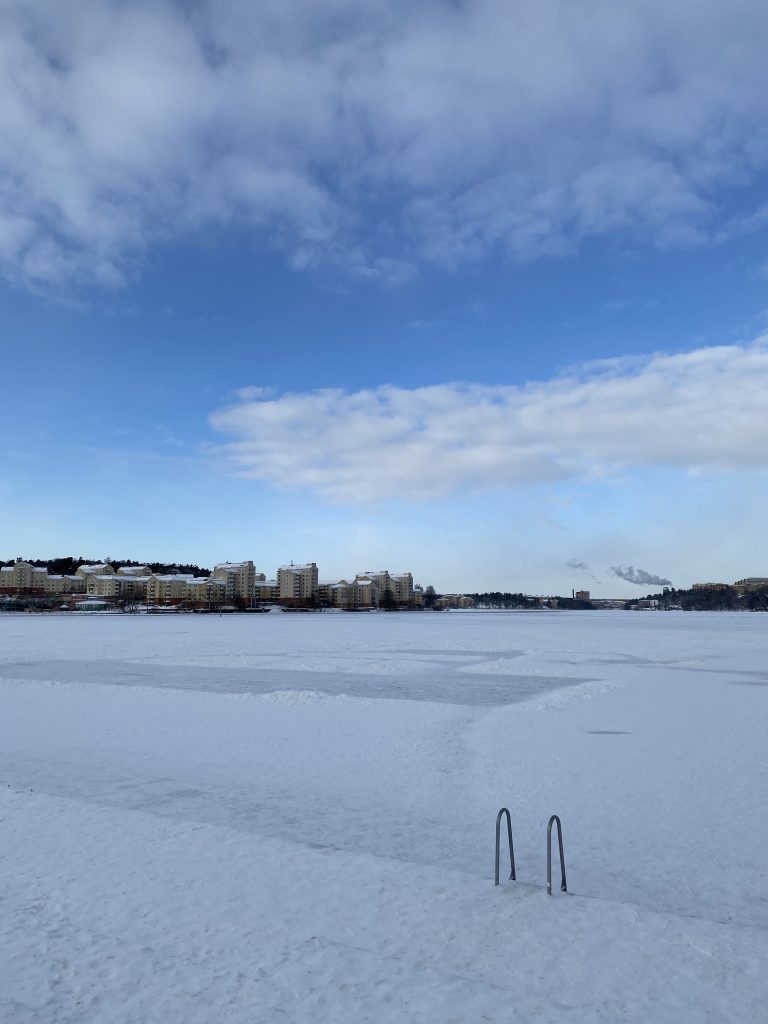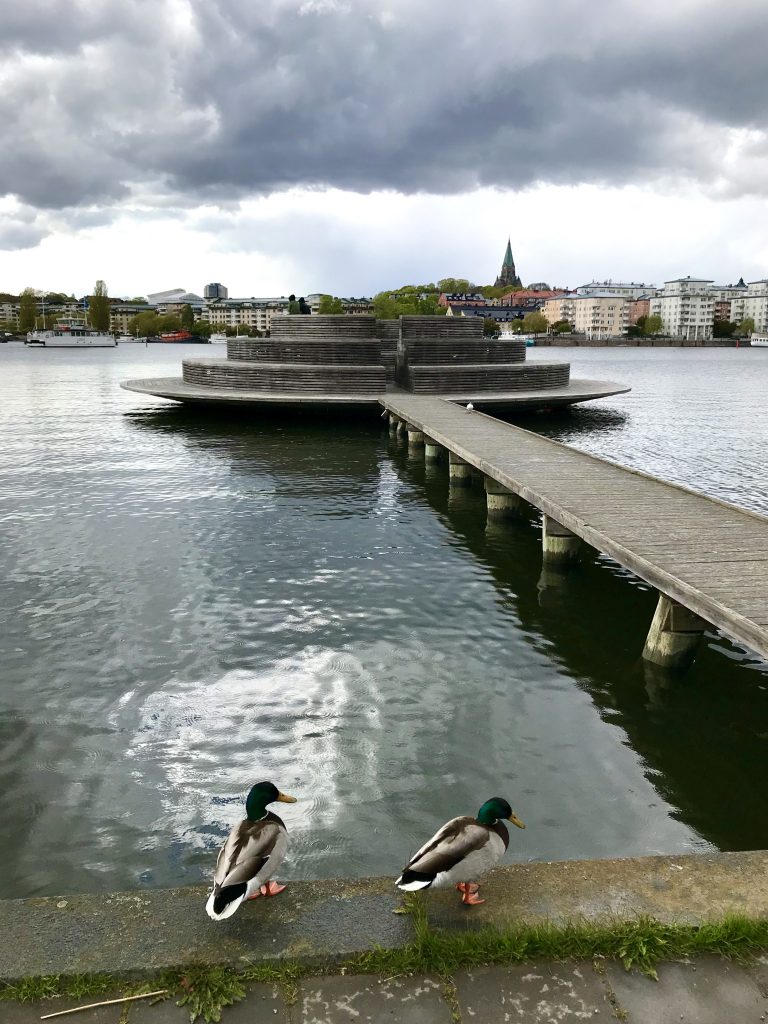
Master’s thesis at KI: explained
The last semester of all Global Master’s Programmes at Karolinska Institutet have something in common: thesis projects; although it is worth mentioning that each programme has a distinctive approach towards this last component of the degree. Having said that, the purpose of this blopost is to describe the master degree project (aka thesis) process in the Health Economics, Policy and Management programme at KI.
Note: Since the experience this year has been online, I have included pictures of Stockholm during the times corresponding to each stage of the thesis project, so you can at least imagine how is it outside.
Overview:
- Official name: Degree Project in in Medical Management
- Requirements: At least 60 credits of the HEPM programme
- Modality: Single student or pairs (2)
- One or more supervisors need to be appointed
- The main supervisor shall be active at Karolinska Institutet (PhD degree reqired)
- You may choose to involve an external organization/institute/company/university/research group
- The research for the master thesis project can be carried out in any country
- Period: mid-January to late-May
You can also check out the official syllabus for this semester.
Project proposal:
Although the thesis semester starts formally in mid-January, the real first activity related to this process takes place in early-December and it’s known as the thesis proposal seminar. For a couple of days, students come together (this year over zoom) and present a short description of their thesis proposal, including motivation, aim, research question(s), short methods description and key references. The deliverable was a one-page report (excluding references).
The purpose of this seminar is to evaluate the scope of the project as well as the viability of the study. One could say this is the very first filter where big modifications to the original plan are well received.
Course kick-off
The thesis course officially starts with a morning kick-off session in mid-January, followed by a workshop on how to write a thesis introduction/background session by staff from KI Library services. This step helps to set the tone for the following months as well as for clarifying questions and concerns about the semester.

Project Plan seminar
During this seminar, students present a more elaborated description of the project description and time plan. It takes place in late-January/early-February . The aim this time is to assess the feasibility of the activities proposed in the time plan, and to make adjustments if necessary. I personally see the project plan seminar as the real starting point of the hectic thesis process since it is the moment when you get a more definite “green light”.
Half-time seminar:
I would call this the “check point”. Students and teachers gather in early March for discussing the progress of each project. Here you are also expected to discuss on a deeper level the methods section in order to promote best practices in research. Data collection and analysis methods will be also revised carefully.
By this time most of students have experienced already some stress. You can check out my blogpost for tips on how to boost your productivity at this stage.

Writing a discussion
The programme offers a workshop in mid-April about how to write your results and discussion section.
Submission
The deadline for submitting your master thesis is on early to mid May.
Examination seminar:
On the last weeks of May, the final seminar takes place as students present their degree projects, its results and conclusions, along with all the net set of kills and knowledge acquired by the student. The full presentation takes aprox. 1 hour and involves the participation of the author, supervisors, opponents, jury and audience. Comments and feedback received at this seminar can be included in a final revised version of the project that has to be submitted by the start of June.
Note: In order to receive the pass with distinction, you need to pass all seminars plus the distinction at the examination seminar, as well as complying with all deadlines and format requirements.
That’s a wrap! The purpose of this blogpost was to give you an overview of the degree project process. Stay tuned for tips on how to write your thesis with an external organization/institute/company/university/research group.
Best,
Julio Sosa.
email: julio.sosa@stud.ki.se
Linkedin: https:/www.linkedin.com/in/julio-sosa-maldonado-659301175/
Instagram: @julio.sosam







0 comments